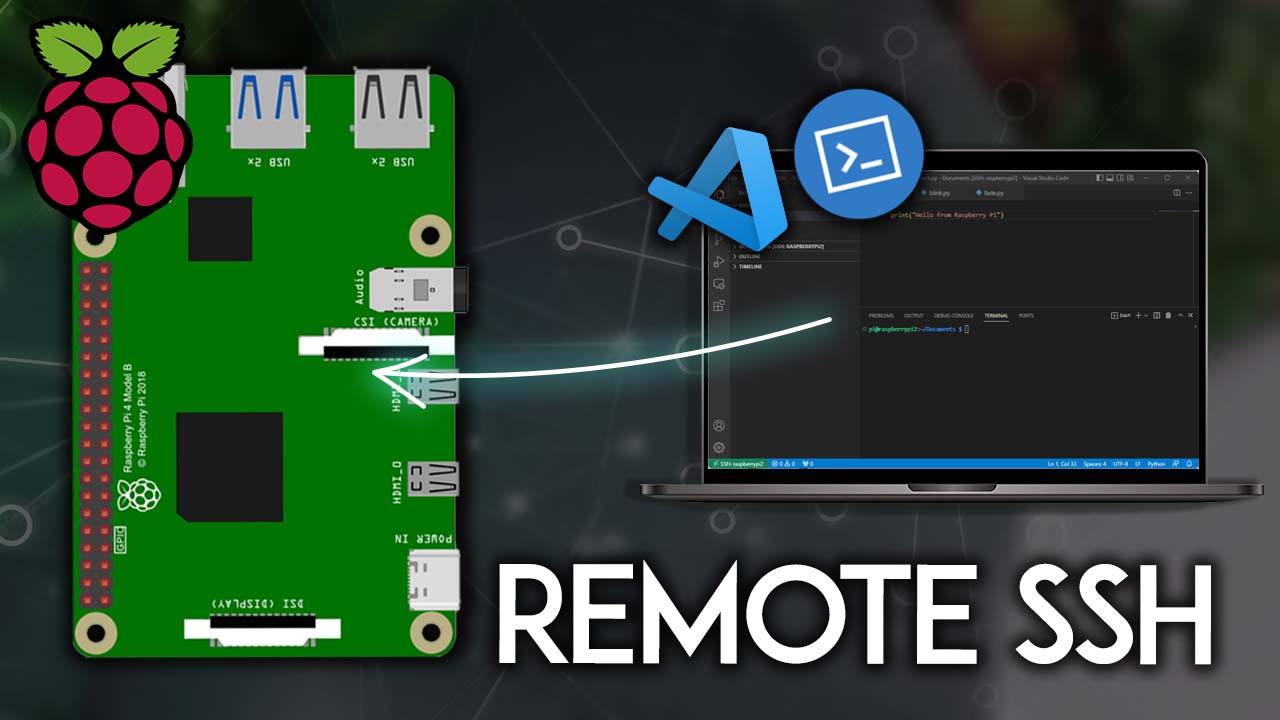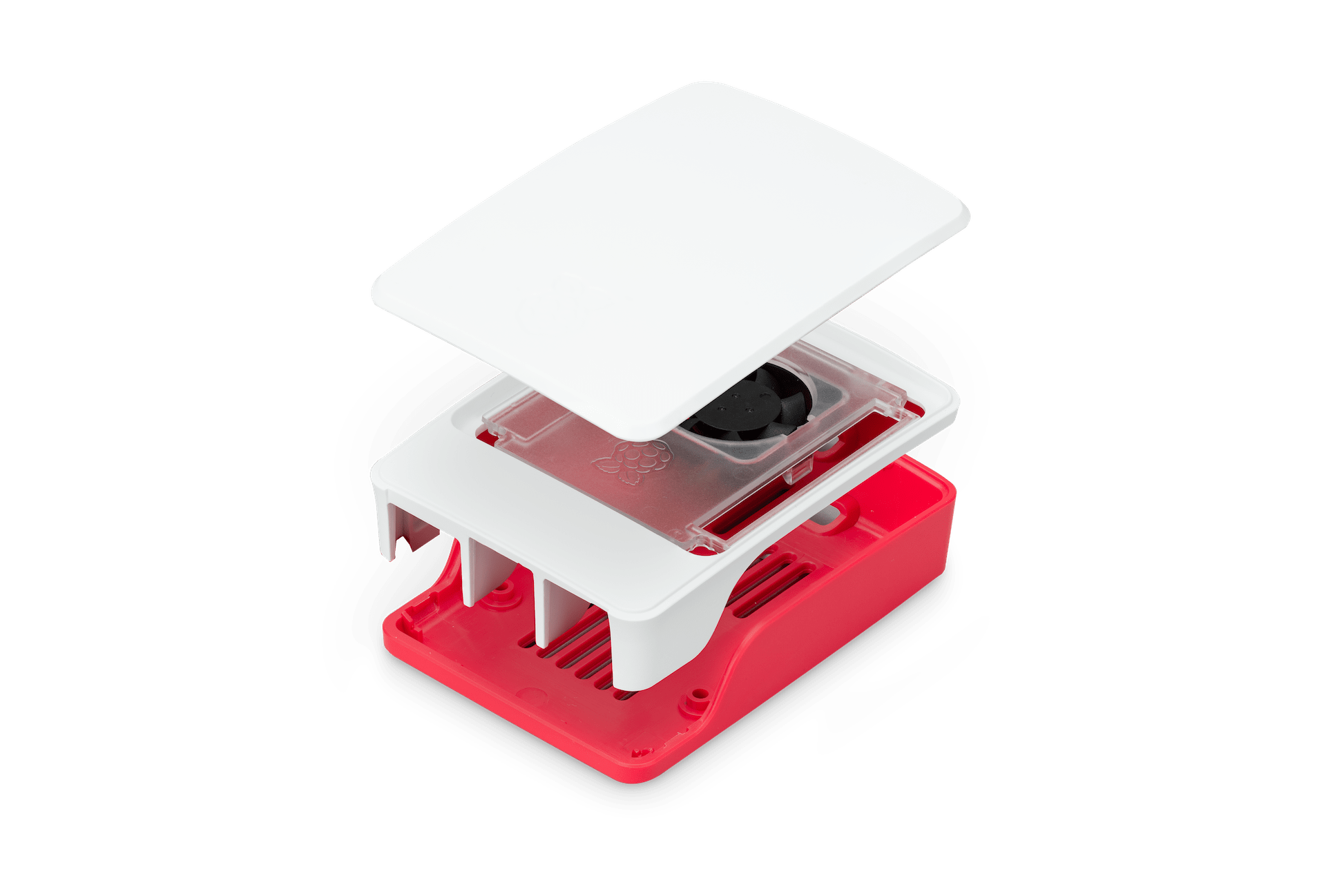Best Free Remote IoT Platforms For Raspberry Pi
Are you ready to unlock the full potential of your Raspberry Pi projects, no matter where you are in the world? The answer lies in the power of remote IoT platforms, and finding the right one can be the key to success for both seasoned developers and enthusiastic hobbyists alike.
The Internet of Things (IoT) is rapidly transforming the way we interact with technology. From smart homes and environmental monitoring systems to sophisticated industrial automation, the applications of IoT are virtually limitless. At the heart of many of these innovative projects lies the Raspberry Pi, a remarkably versatile and affordable single-board computer. However, to truly harness the Raspberry Pi's capabilities, particularly in scenarios demanding remote access and management, choosing the right remote IoT platform is critical. This article delves into the world of remote IoT platforms tailored for the Raspberry Pi, providing you with expert insights, actionable recommendations, and everything you need to know to choose the perfect platform for your unique project needs.
Here's a table to help you quickly identify the key features you should look for when evaluating a remote IoT platform:
- Randy Watson From Coming To America To Todays News More
- Is Millie Bobby Brown Smoking Unveiling The Truth Facts
| Feature | Description | Importance |
|---|---|---|
| SSH Key Authentication | The ability to securely connect to your Raspberry Pi using SSH keys, eliminating the need for passwords. | HIGH: Crucial for secure remote access and protecting your devices from unauthorized access. |
| Ease of Use | The platform should have a user-friendly interface and straightforward setup process. | MEDIUM: Simplifies deployment and management, especially for beginners. |
| Device Management | Capabilities for managing multiple Raspberry Pi devices, including grouping, organizing, and monitoring. | MEDIUM: Essential for large-scale deployments or projects involving several devices. |
| Data Visualization | Tools for visualizing data collected from your Raspberry Pi devices, such as graphs, charts, and dashboards. | MEDIUM: Provides insights into your data and helps you monitor device performance. |
| Remote Control | The ability to remotely control your Raspberry Pi devices, including executing commands and accessing files. | HIGH: Enables you to interact with your devices from anywhere in the world. |
| Security Features | Built-in security features, such as encryption, authentication, and access control. | HIGH: Protects your devices and data from cyber threats. |
| Scalability | The platform should be able to handle a growing number of devices and data volume. | MEDIUM: Ensures your platform can adapt to your evolving needs. |
| Cost | Consider the pricing model, whether it's free, open-source, or subscription-based. | MEDIUM: Choose a platform that aligns with your budget and project requirements. |
| Community Support | Active community forums and documentation. | LOW: Gives the developer help when using it |
As the IoT landscape continues to evolve, so too does the demand for efficient and reliable remote management solutions. The Raspberry Pi, with its remarkable versatility, has become a cornerstone of countless IoT projects. This guide provides a comprehensive exploration of the best remote IoT platforms tailored for Raspberry Pi, ensuring you have the knowledge and tools to select the perfect platform for your needs.
Whether you're a seasoned developer or an enthusiastic beginner, understanding the key features and benefits of remote IoT platforms can significantly enhance your projects. These platforms provide the necessary tools to monitor, control, and manage your Raspberry Pi devices from anywhere in the world, opening up exciting possibilities for innovation and automation.
Let's dive into some of the top contenders in the remote IoT platform arena, examining their key features, pros, cons, and suitability for various project types. Selecting the right platform is a crucial first step in realizing your IoT vision.
The question of which platform to choose for your specific project often boils down to your specific requirements. For many users, ease of use and cost are crucial considerations. Those who are getting started with IoT may prioritize platforms that offer a simple setup process, extensive documentation, and strong community support.
On the other hand, users with more complex projects may prioritize scalability, security, and the ability to integrate with other services. Fortunately, the market is teeming with options, each with its own set of advantages and disadvantages.
There are platforms that support SSH key authentication and are free to use with Raspberry Pi. This combination offers a secure and cost-effective way to manage your devices remotely. SSH key authentication is particularly important for security, as it eliminates the need for passwords, thus minimizing the risk of unauthorized access. Free platforms are a great option for beginners or those on a budget, but be mindful of the limitations and potential trade-offs in terms of features, support, and scalability.
If you're just starting out, you might explore platforms that provide a user-friendly interface and easy-to-follow setup instructions. These platforms often come with comprehensive documentation and robust community support, providing invaluable assistance for beginners. More advanced users may want to prioritize platforms that support a wide range of integrations, custom scripting capabilities, and robust security features, like SSH key authentication.
Some platforms offer features such as QR codes and dedicated profile pages, which allow for streamlined device management, making it easier to connect and organize multiple Raspberry Pi devices. Furthermore, using an application specifically designed for remote management of the Raspberry Pi simplifies interaction and increases efficiency.
The benefits of using a remote IoT platform with a Raspberry Pi are numerous. They include enhanced connectivity, improved security, and greater flexibility. These platforms empower users to build and manage sophisticated IoT applications with ease. For instance, with the correct platform, you can easily monitor environmental conditions, control home automation systems, or manage industrial processes.
To get started with a remote IoT platform, you'll first need to install the latest version of Raspberry Pi OS on your device. After that, update your system using the terminal. This ensures your Raspberry Pi is running the most current software and security patches. Then, you'll open the terminal or access your Raspberry Pi via SSH on the local network to install the remote IoT service. Finally, you'll log into the remote IoT portal in your web browser and access the dashboard, where you should see your Raspberry Pi listed among your account devices.
To wrap it up, choosing the best remote IoT platform that supports SSH key authentication for your Raspberry Pi is key to building secure and efficient IoT projects. By understanding the features, benefits, and best practices of these platforms, you can make smart decisions that align with your project goals. Remember to follow security best practices, especially when dealing with remote access. This includes regularly updating your system, using strong passwords or SSH keys, and keeping your software up-to-date. If you found this article valuable, share it with others and leave a comment with your thoughts or questions. For more guides and tutorials, explore our other articles on IoT and Raspberry Pi!
Key Takeaways:
- Security First: Prioritize platforms that offer robust security features, including SSH key authentication, to protect your devices.
- Choose Wisely: Select a platform that aligns with your project needs, considering factors like ease of use, scalability, and cost.
- Embrace Community: Take advantage of active community forums and documentation to get support and learn best practices.
- Stay Updated: Regularly update your system and software to maintain security and performance.
Let's look at some of the top remote IoT platforms for Raspberry Pi. Keep in mind that the best platform for you will depend on your specific needs and project requirements. Weighing the pros and cons of each platform will allow you to decide the one that works best for you!
Some platforms have free tiers, while others offer paid subscription models. Some are open source, while others are proprietary. Consider your budget and technical expertise when making your choice.
Security Best Practices:
- Use strong, unique passwords or SSH keys.
- Keep your Raspberry Pi OS and software up to date.
- Enable two-factor authentication where available.
- Regularly back up your data.
- Monitor your devices for any unusual activity.
These platforms empower users to build and manage sophisticated IoT applications with ease. In the realm of IoT, the Raspberry Pi is a versatile platform. It is often employed in home automation, industrial monitoring, and environmental sensing. By leveraging a remote IoT platform, you can realize the full potential of your Raspberry Pi and create innovative, impactful projects.
Selecting the right remote IoT platform is a significant step in launching your IoT venture. With the appropriate tools and knowledge, you can efficiently monitor, control, and manage your Raspberry Pi devices from any location worldwide. Whether you're a seasoned developer or a curious hobbyist, the advantages of remote IoT platforms are undeniable.
Now is the time to grasp your Raspberry Pi, select your preferred platform, and begin constructing your IoT project!
- Pennywise The Dancing Clown Unraveling The Horror Origins Discover Now
- Angie Perino Dana Perinos Sister Making Her Own Mark In Business

Best RemoteIoT Platform Raspberry Pi For Smart Innovations

Discover The Best RemoteIoT Platform For Raspberry Pi A Comprehensive Guide

Best RemoteIoT Platform Raspberry Pi For Smart Innovations